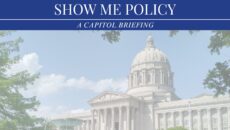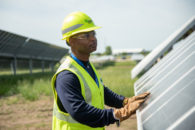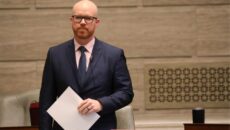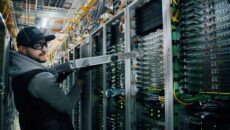Missouri is the sleeping giant of renewable power. In 2008, we set a goal for investor-owned electric utilities to meet 15 percent of their electricity sales with renewable energy by 2021. As new technology makes the industry more profitable and efficient, now is a perfect time to set a newer, bolder goal.
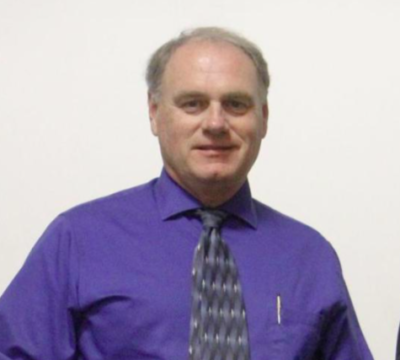
However, our ability to transmit clean energy is severely lacking.
The Grain Belt Express transmission line can change that while addressing other issues in our state. Unemployment for Missouri workers has reached unprecedented levels, but with the addition of 1,500 jobs every year for three years, the Grain Belt Express can give the Show-Me State a much-needed boost.
As we look toward a post-pandemic world, we cannot exclude our rural communities from progress. Unfortunately, some lawmakers in Missouri disagree. They’ve repeatedly played political games and tried to make up new laws to target this specific project.
Their efforts are anti-progress, anti-business, and have failed every time. They’ve failed because the 39 communities affected by the project know a good deal when they see one.
In its first year, development of the Grain Belt Express will also generate $7 million in property taxes in counties hosting the project. For years to come, this revenue can improve schools, build new roads and bridges, and improve emergency services in the areas that need it most.
In addition to saving our communities money, the Grain Belt Express will also help our families’ bottom lines. By 2045, 1.6 million homes in Kansas and Missouri will save $7 billion in utility costs.
Missouri is open for business, and our lawmakers should keep it that way. It’s time we recognize our true potential by investing in renewable energy transmission.

Harold Selby is the former city administrator of both St. James and Pacific as well as a former state legislator.







